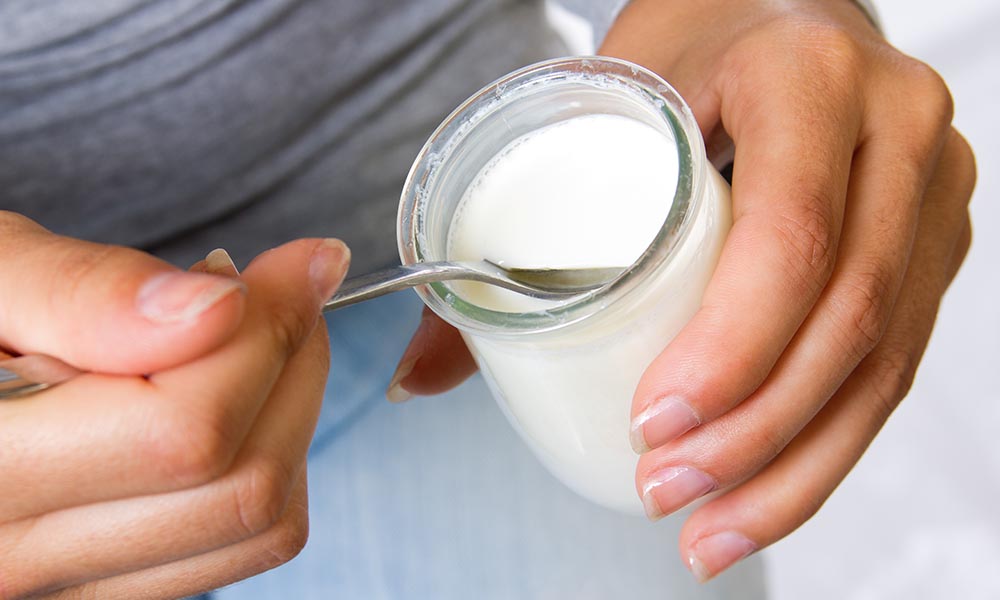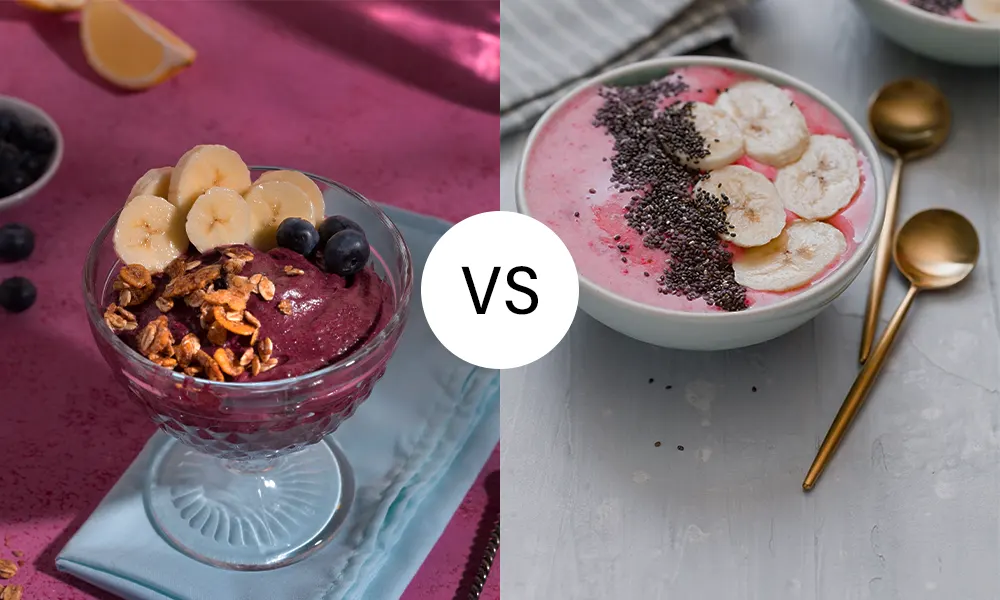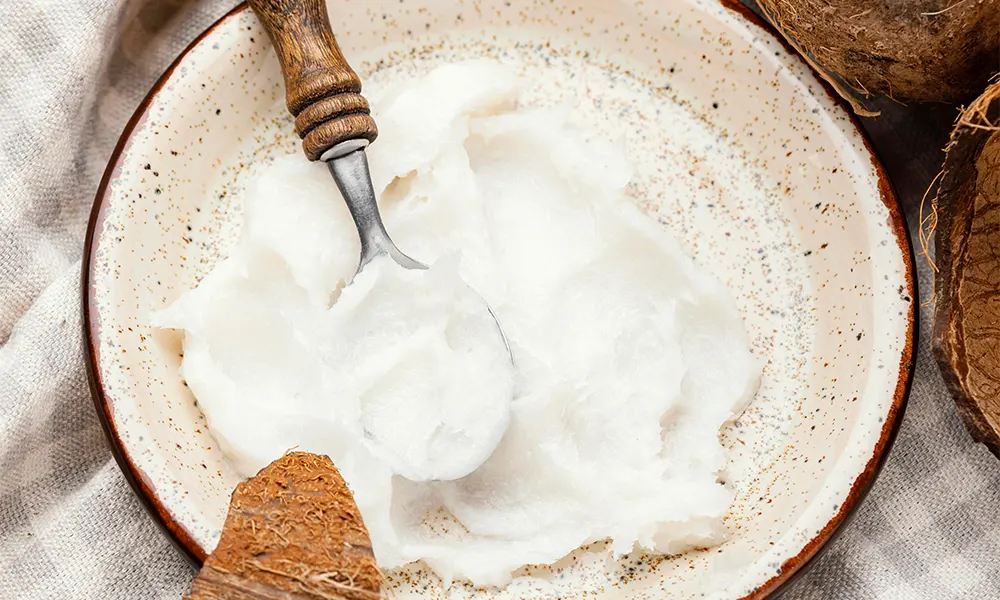So, you’re embracing the keto lifestyle, huh? Good on ya! But one thing that often throws people is dairy. Specifically, is yoghurt keto-friendly? It’s a fair dinkum question, and one that deserves a thorough answer. Many of us love a dollop of yoghurt in our morning smoothie or as a tasty snack. The problem is, some yoghurts are packed with carbs, totally derailing your keto progress. This article aims to clear the air and help you navigate the world of yoghurt on a keto diet.
Understanding Keto and Carbohydrate Limits
Before we dive into the creamy depths of yoghurt, let’s recap what a ketogenic diet actually is. It’s all about drastically reducing carbohydrate intake, forcing your body into a state of ketosis. Ketosis is when your body starts burning fat for energy instead of glucose from carbs. Most keto dieters aim for a daily net carb intake of around 20-50 grams, but this can vary depending on individual factors and goals. Therefore, the question “is yoghurt keto?” hinges on its carbohydrate content.
Is Yoghurt Keto? It Depends!
The simple answer is: it depends. Not all yoghurts are created equal. Some are surprisingly low in carbs, while others are veritable carb bombs. The key lies in understanding the ingredients and nutrition labels. The type of milk used, added sugars, and even the flavourings can significantly impact the carb count.
Full-Fat Greek Yoghurt: A Keto Winner
Full-fat Greek yoghurt frequently emerges as a keto-friendly champion. Why? Because it’s typically lower in carbs and higher in protein and healthy fats compared to other types of yoghurt. Greek yoghurt undergoes a straining process that removes the whey, reducing the lactose (a type of sugar) content. Look for plain, unsweetened varieties for the best keto results. Is yoghurt keto if it’s full-fat Greek yoghurt? Mostly, yes!
Greek yoghurt is not only high in protein but also packed with beneficial probiotics that can support your gut health, which is important for overall well-being, especially on a low-carb diet like keto. Its smooth texture and slight tanginess can also make it a satisfying addition to various keto-friendly recipes, from smoothies to baked goods.
Other Yoghurts: Tread Carefully
Other yoghurts, including those made with fruit, added sugars, or flavoured varieties, can be problematic on a keto diet. Those added sugars and fruits dramatically increase the carb count, making them unsuitable for most ketogenic diets. Always check the nutrition label carefully; don’t just assume a yoghurt is okay because of its brand name. Is yoghurt keto if it’s strawberry flavoured and from a well-known brand? Probably not, mate.
When choosing yoghurt for a keto diet, it’s essential to opt for unsweetened options. Flavoured yoghurts often have hidden sugars and carbs that could kick you out of ketosis. Fruit-flavoured yoghurts, in particular, tend to have high sugar content, and even though the fruit adds natural sweetness, the carbs in the fruit can throw off your keto macros.
Deciphering the Nutrition Label: A Keto-Friendly Guide
Checking the nutrition label is crucial when deciding if a particular yoghurt is keto-friendly. Look for the following:
- Net Carbs: This is the most important figure. Net carbs are calculated by subtracting fibre and sugar alcohols (if present) from the total carbohydrate content. Aim for yoghurts with low net carbs per serving (under 5g is generally considered ideal for most keto dieters).
- Added Sugars: Avoid yoghurts with added sugars whenever possible. Added sugars contribute to unnecessary carbohydrate intake and hinder ketosis.
- Protein: Higher protein content is beneficial on a keto diet as it helps you feel full and satisfied.
- Fat: Full-fat yoghurts are generally preferable for satiety and to help maintain healthy ketone levels.
By focusing on these nutritional components, you can make better decisions about which yoghurt to include in your keto meals and snacks.
Creative Ways to Enjoy Keto-Friendly Yoghurt
Once you’ve found a keto-friendly yoghurt, don’t just eat it straight from the tub! (Though, there’s nothing wrong with that either!). Get creative with it. Here are a few ideas:
- Add some nuts and seeds: This adds healthy fats and fibre, keeping you full and satisfied.
- Mix it into your smoothie: Use it as a creamy base for a keto-friendly smoothie, adding ingredients like berries (in moderation), avocado, or spinach.
- Top it with chia seeds: Chia seeds are low in carbs and add extra nutrients and thick texture.
- Use it as a base for a savoury sauce: Try it with some herbs and spices for a healthy and delicious dressing for meat or vegetables.
Greek yoghurt‘s versatility makes it an excellent addition to your keto lifestyle. Whether you’re enjoying it as a snack, incorporating it into meals, or even using it as an ingredient in sauces, there are countless ways to make the most of this creamy delight.
Final Thoughts
Choosing the right yoghurt for your keto journey is crucial. Remember, the key is to carefully read the nutrition labels and opt for low-net carb, unsweetened varieties, particularly full-fat Greek yoghurt. With a little bit of attention, you can enjoy the creamy goodness of yoghurt without derailing your keto progress. So, is yoghurt keto? The answer is a resounding “sometimes!” Be mindful, be informed, and enjoy your keto journey!
If you’re looking for more tips on how to stay on track with your keto diet or need help finding the right foods for your low-carb lifestyle, Yo Hayo is here to support you. Contact us today to learn more about maintaining a healthy and sustainable keto diet!
FAQs
-
Can I eat yoghurt on a keto diet if it’s flavoured?
Flavoured yoghurt, especially those with added sugars, is typically not keto-friendly. The sugar content can quickly push you over your carb limit, kicking you out of ketosis. If you’re craving a flavour boost, consider adding a few drops of vanilla extract or stevia to plain, unsweetened yoghurt. Always check the nutrition label to ensure the yoghurt has low net carbs and no added sugars.
-
Can I have yoghurt with fruit on keto?
Adding fruit to yoghurt on a keto diet should be done cautiously. Most fruits are high in sugar and carbs, which can disrupt ketosis. However, berries like strawberries, raspberries, and blackberries can be enjoyed in moderation as they are relatively low in carbs. Always opt for unsweetened yoghurt to keep your carb intake in check, and limit the amount of fruit you add.
-
What’s the best yoghurt for keto?
The best yoghurt for a keto diet is plain, unsweetened, full-fat Greek yoghurt. It’s low in carbs, high in healthy fats, and provides a good amount of protein. This type of yoghurt has a creamy texture and a tangy flavour that fits perfectly into a keto meal plan. Always check the nutrition label for net carbs and ensure there are no added sugars or artificial sweeteners.
-
How much yoghurt can I have on a keto diet?
The amount of yoghurt you can have on a keto diet depends on your daily carb allowance. Most keto dieters aim for around 20-50 grams of net carbs per day. A small serving (about 100 grams) of plain Greek yoghurt typically contains around 4 grams of carbs, so you can incorporate it into your daily meals while staying within your carb limit. Be mindful of portion sizes and check your macros.
-
Can I make my own keto-friendly yoghurt at home?
Yes, making your own yoghurt at home is a great way to ensure it’s keto-friendly. You can control the ingredients and avoid added sugars. Use whole milk or heavy cream, and a yoghurt starter culture to ferment the mixture. If you prefer dairy-free options, you can try coconut milk or almond milk as the base. Homemade yoghurt is fresh, customizable, and free from unnecessary additives.





